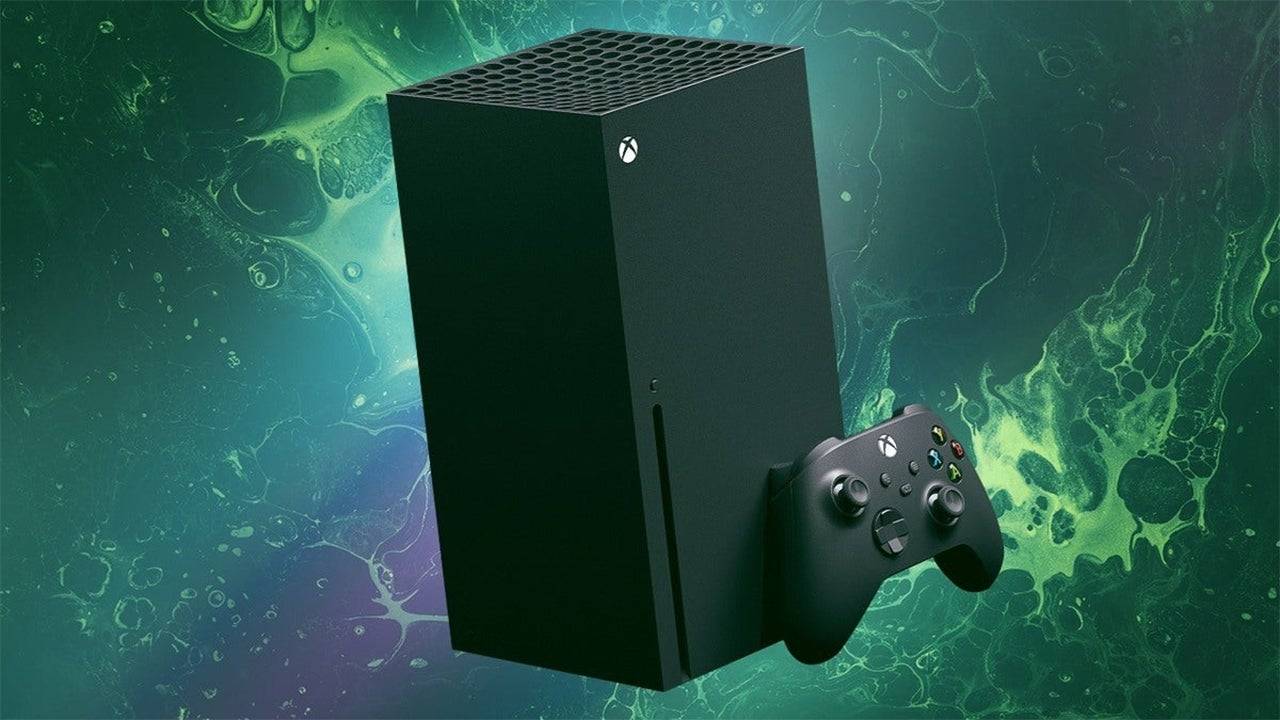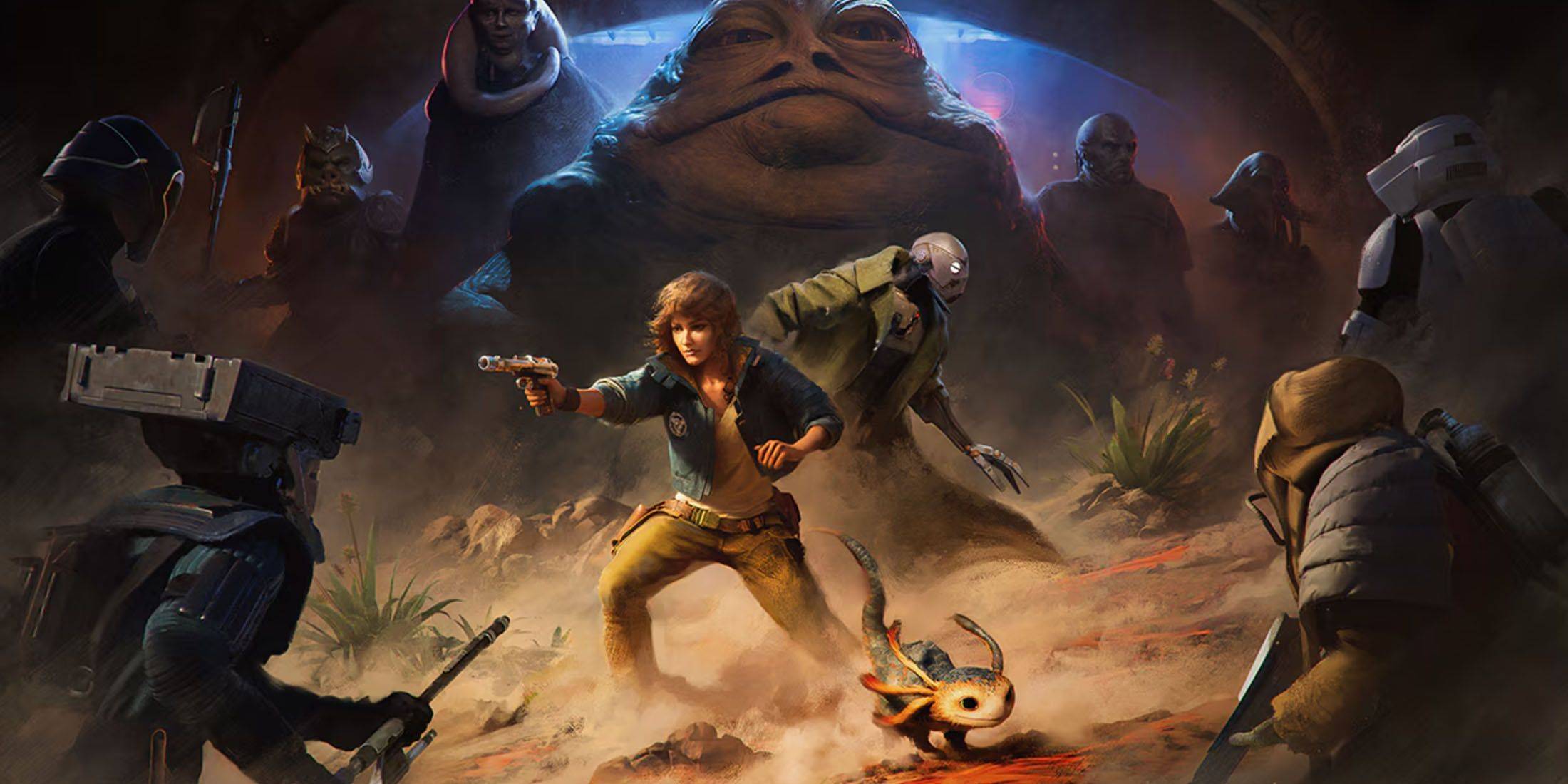The age-old debate between PlayStation and Xbox has been a cornerstone of the modern video game world, sparking discussions across platforms from Reddit threads to TikTok videos. While some gamers swear by the superior performance of PC gaming, and others are loyal to Nintendo, the past two decades have largely been shaped by the rivalry between Sony and Microsoft. However, the landscape of the video game industry has undergone significant transformations in recent years, driven by shifts in player habits, technological advancements, and the rise of alternative gaming platforms. As we examine this evolving battlefield, has a clear winner emerged in the so-called 'console war'? The answer might surprise you.
The video game industry has transformed into a financial powerhouse, generating $285 billion in 2019 and soaring to $475 billion in 2023. This figure surpasses the combined revenue of the global movie and music industries, which totaled $308 billion and $28.6 billion respectively in 2023. Projections suggest that by 2029, the industry will reach nearly $700 billion, a remarkable evolution from its humble beginnings with games like Pong.
This explosive growth has attracted Hollywood stars like Mads Mikkelsen, Keanu Reeves, Jon Bernthal, and Willem Dafoe to lend their talents to video games, signaling a shift in the perception of gaming as a legitimate and lucrative medium. Disney's significant $1.5 billion investment in Epic Games during Bob Iger's second term further underscores the industry's rising tide. However, not all boats are rising equally, as Microsoft's Xbox division seems to be facing challenges.

The Xbox Series X and S were designed to be a leap forward from the Xbox One, yet their sales have not met expectations. The Xbox One outsells the Series X/S by nearly double, and according to Mat Piscatella of Circana, the current console generation may have already peaked in sales. Statista's 2024 figures show the Xbox Series X/S selling less than 2.5 million units for the entire year, while the PlayStation 5 achieved the same sales figure in just the first quarter of 2024. Rumors of Xbox potentially closing its physical game distribution department and withdrawing from console sales in the EMEA region only add to the concerns about its future in the console market.
Microsoft's stance during the Activision-Blizzard acquisition suggests that the company never saw itself as a contender in the console war to begin with. With the Xbox Series X/S struggling to surpass the sales of its predecessor and Microsoft openly acknowledging its challenges, the company is pivoting away from traditional console manufacturing. Xbox Game Pass has become a focal point, with internal documents revealing the hefty costs of adding major titles like Grand Theft Auto 5 and Star Wars Jedi: Survivor to the service. Microsoft's 'This Is An Xbox' campaign indicates a shift in strategy, positioning Xbox as an accessible service rather than just a piece of hardware.
This redefinition extends beyond traditional consoles, with rumors of an Xbox handheld device in development, aiming to create a 'hybrid cloud gaming platform'. Microsoft's plans to launch a mobile game store to rival Apple and Google, coupled with Xbox chief Phil Spencer's acknowledgment of mobile gaming's growing dominance, underscore the company's new focus on being a versatile gaming brand, playable anytime, anywhere.

Microsoft's shift is driven by the undeniable rise of mobile gaming, which now accounts for over half of the 3.3 billion global gamers, with 1.93 billion playing on mobile devices. In 2024, mobile games contributed $92.5 billion to the industry's $184.3 billion total, while console gaming's share dropped to $50.3 billion. This shift is not new; by 2013, mobile gaming in Asia already outpaced the West, and games like Puzzle & Dragon and Candy Crush Saga outgrossed even GTA 5. The 2010s saw five of the highest-grossing games being mobile titles, demonstrating the platform's dominance across generations, particularly among Gen Z and Gen Alpha.
While mobile gaming surges, PC gaming has also seen consistent growth, with 59 million new players annually since 2014, reaching 1.86 billion by 2024. However, despite technological advancements and a more tech-savvy audience, the PC gaming market's growth has slowed, with a $9 billion gap between console and PC gaming in 2024, up from $2.3 billion in 2016. This trend poses additional challenges for Xbox, which has heavily invested in the Windows PC market.

On the other side of the console war, Sony's PlayStation 5 has achieved significant success, selling 65 million units compared to the combined 29.7 million sales of the Xbox Series X/S. Sony's Game and Network Services reported a 12.3% profit increase, driven by strong sales of first-party titles like Astro Bot and Ghost of Tsushima Director's Cut. Projections suggest that by 2029, Sony could sell 106.9 million PS5s, while Microsoft expects to sell between 56-59 million Xbox Series X/S units by 2027. Sony's lead is clear, but the PS5's library of exclusive titles remains relatively small, with only 15 genuine PS5-exclusives, which may not justify its $500 price tag for many consumers.
The $700 PS5 Pro's lukewarm reception further highlights the challenge of justifying the cost of new hardware, especially when the advertised games are upscaled versions of older titles. IGN's reader poll indicated little enthusiasm for the PS5 Pro, suggesting that the console is not yet a must-buy. However, the upcoming release of Grand Theft Auto 6 could change this narrative, offering a chance for the PS5 to showcase its capabilities.
So, who won the console war? Microsoft seems to have conceded defeat, focusing instead on cloud and mobile gaming. Sony's PlayStation 5 has achieved success but struggles to justify its price with a limited exclusive lineup. The true victor appears to be those who opted out of the traditional console war altogether. Mobile gaming's rise, with companies like Tencent eyeing acquisitions and Take-Two Interactive's Zynga reaching 10% of the world's population monthly, suggests a new era where cloud gaming and mobile platforms will define the future of the industry. The console war may be over, but the mobile gaming war is just beginning.








